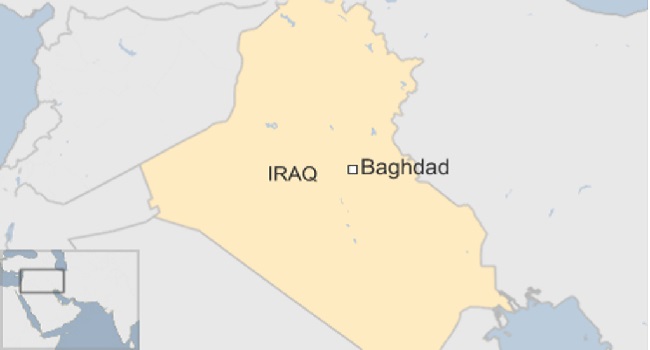Iraq Faces Worst Water Crisis in Eight Decades — Report

Iraq is facing its most severe water crisis in 80 years, with reserves dropping to unprecedented levels due to climate change, prolonged drought, and reduced river inflows. As summer approaches, government officials warn that available water reserves have fallen to just 10 billion cubic meters, far below the 18 billion cubic meters typically required. The situation threatens agriculture and drinking water supplies for the country’s 46 million residents.
Upstream dams built in Turkey and Iran have further worsened the situation, significantly reducing the flow of the Tigris and Euphrates rivers, which have historically sustained Iraq’s ecosystem and farmlands. Additionally, sparse rainfall and low snowmelt have exacerbated the problem, leaving Iraq with less than 40% of its expected water share. The United Nations has identified Iraq as one of the world’s most climate-vulnerable nations, stressing the need for urgent intervention.
The agriculture sector has been particularly affected, with farmers forced to abandon their land due to water scarcity. Authorities have imposed strict cultivation limits, reducing farmland to 1.5 million dunams (approximately 375,000 hectares) to conserve water. Just last year, 2.5 million dunams were permitted for staple crops like rice and corn, but this year’s tighter restrictions reflect the worsening conditions.
Diplomatic tensions have risen between Iraq and Turkey, with Ankara urging Baghdad to improve its water management strategies. In 2024, both nations signed a 10-year framework agreement to enhance resource management, yet implementation has been slow. Iraqi officials continue pushing for stronger cooperation to ensure a more stable water supply from upstream sources.
The Iraqi government has placed water security under the direct supervision of Prime Minister Mohammed Shia al-Sudani, recognizing the crisis as a national emergency. Efforts to modernize irrigation, including drip and sprinkler systems, are being scaled up to reduce consumption. However, experts warn that without international support and regional cooperation, Iraq may face long-term environmental and economic instability.
As Iraq grapples with historic water shortages, officials and climate experts stress the need for immediate action. The crisis serves as a stark reminder of the growing threats posed by climate change and water disputes. Without swift intervention, Iraq’s ability to sustain its population and agricultural sector could face irreversible consequences.